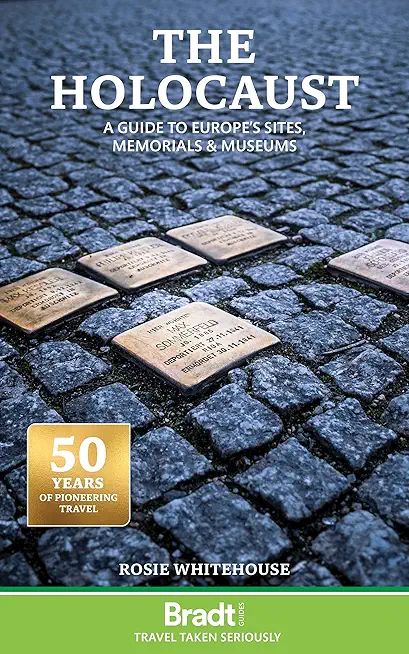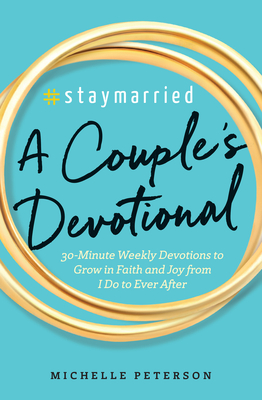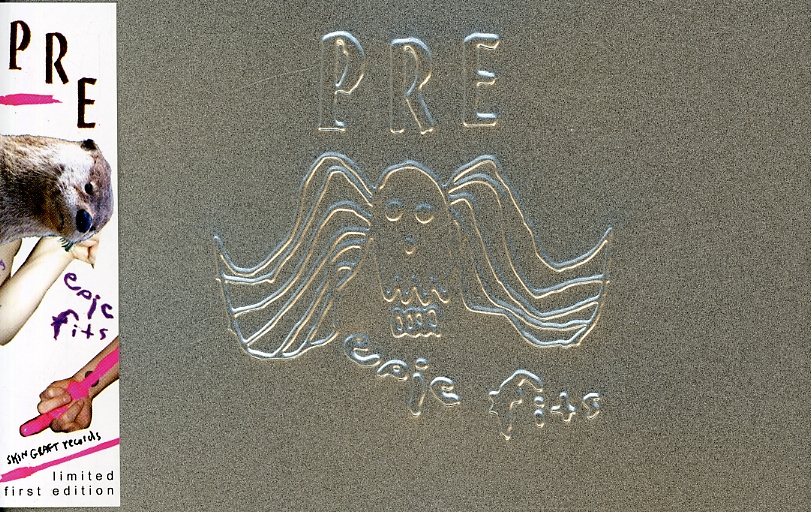
description
ope's Sites, Museums and Memorials, a unique travel guidebook to European locations that tell the story of the greatest crime ever perpetrated - the Nazi genocide of six million Jews and other persecuted groups.
In recent years countries once reluctant to delve into the dark corners of their past have begun to document the history of the Holocaust and its aftermath. Europe has many new ground-breaking museums and memorials that tell us as much about the present as they do the past. Chapters are dedicated to each country or region that were occupied by Nazi Germany as well as nations like the UK and neutral Sweden, which played a vital role both before and after the Holocaust.
Organized around city hubs in each country, this Bradt guide helps visitors explore numerous destinations, whether infamous, well known or comparatively unexpected. This is much, much more than a guide to notorious sites such as Auschwitz-Birkenau, Buchenwald or Dachau. You can take a walking tour in Vienna, to view the new wall of names. Or visit the Memorial des Martyrs de la Deportation in Paris, Anne Frank House in Amsterdam or the Jewish Museum in Ferrara. And you can learn how babies were smuggled out in sacks in Lithuania or read about Bavaria's Kloster Indersdorf, a remarkable children's home that cared for survivors.
Written by a journalist and travel writer specialising in Jewish history, Bradt's The Holocaust: Europe's Sites, Museums and Memorials provides the traveller with not only a list of must-see sites in each country but also a comprehensive list of organizations that run tours, commemorations and volunteer schemes. Suggestions of where to eat and stay (including Kosher restaurants and hotels) ease the traveller's way, as do descriptions of local Jewish organisations and tips on how to pace potentially difficult journeys into Europe's dark past. Bradt's The Holocaust: Europe's Sites, Museums and Memorials is the first comprehensive travel guide to the genocide and the first to help the traveller understand the Holocaust by seeing the places where it unfurled.
In recent years countries once reluctant to delve into the dark corners of their past have begun to document the history of the Holocaust and its aftermath. Europe has many new ground-breaking museums and memorials that tell us as much about the present as they do the past. Chapters are dedicated to each country or region that were occupied by Nazi Germany as well as nations like the UK and neutral Sweden, which played a vital role both before and after the Holocaust.
Organized around city hubs in each country, this Bradt guide helps visitors explore numerous destinations, whether infamous, well known or comparatively unexpected. This is much, much more than a guide to notorious sites such as Auschwitz-Birkenau, Buchenwald or Dachau. You can take a walking tour in Vienna, to view the new wall of names. Or visit the Memorial des Martyrs de la Deportation in Paris, Anne Frank House in Amsterdam or the Jewish Museum in Ferrara. And you can learn how babies were smuggled out in sacks in Lithuania or read about Bavaria's Kloster Indersdorf, a remarkable children's home that cared for survivors.
Written by a journalist and travel writer specialising in Jewish history, Bradt's The Holocaust: Europe's Sites, Museums and Memorials provides the traveller with not only a list of must-see sites in each country but also a comprehensive list of organizations that run tours, commemorations and volunteer schemes. Suggestions of where to eat and stay (including Kosher restaurants and hotels) ease the traveller's way, as do descriptions of local Jewish organisations and tips on how to pace potentially difficult journeys into Europe's dark past. Bradt's The Holocaust: Europe's Sites, Museums and Memorials is the first comprehensive travel guide to the genocide and the first to help the traveller understand the Holocaust by seeing the places where it unfurled.
member goods
No member items were found under this heading.
listens & views

NORTHERN SOUL 2007-2010: BONUS TRACKS ...
by NORTHERN SOUL 2007-2010: BONUS TRACKS / VAR
COMPACT DISC$13.49
Return Policy
All sales are final
Shipping
No special shipping considerations available.
Shipping fees determined at checkout.






